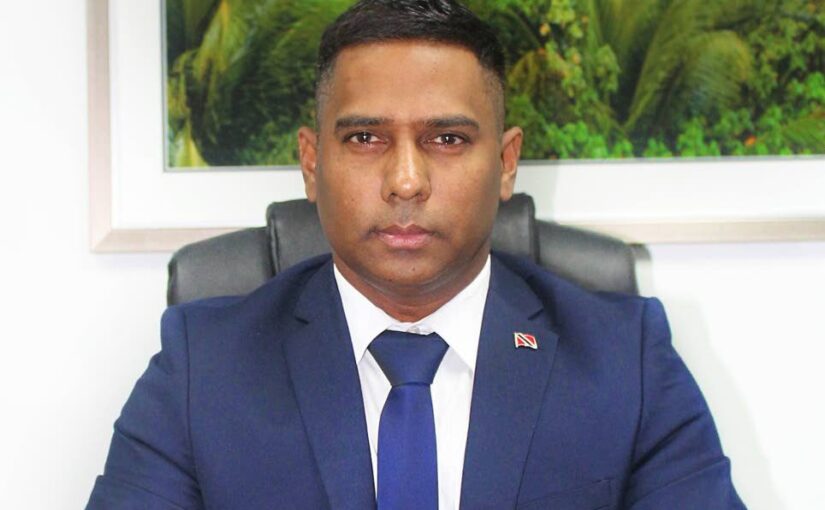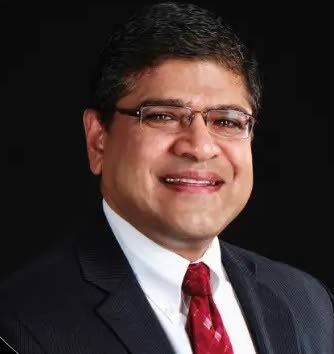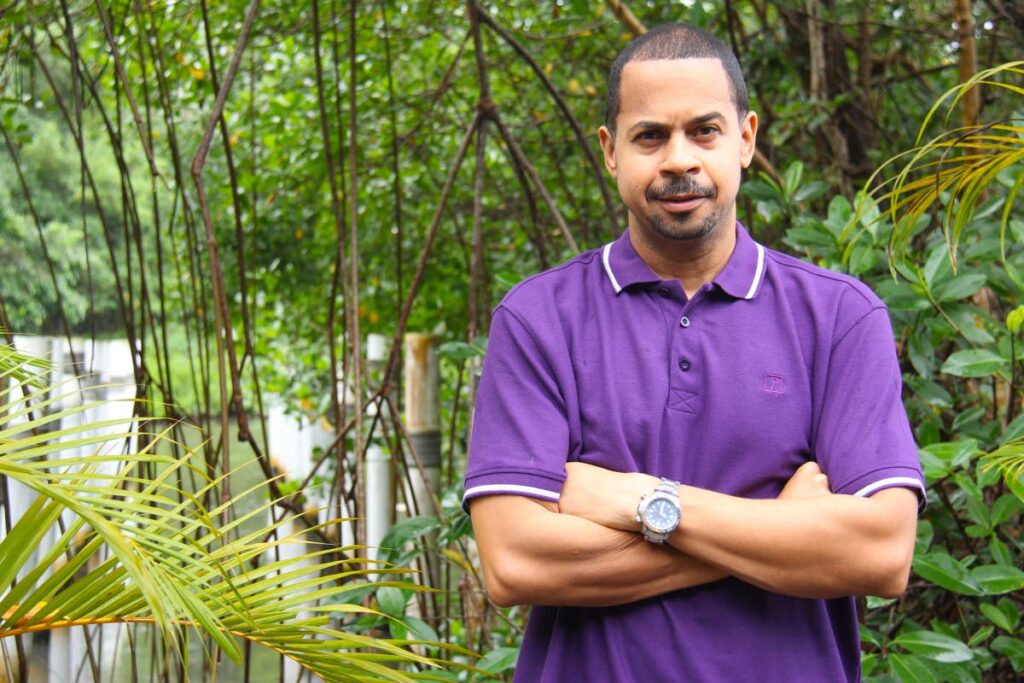A shaky start
Written by Newsday on October 28, 2024

THE virtual meeting called by the Chief Personnel Officer, Commander Dr Daryl Dindial, on October 24, was met with almost universal derision by the unions he hoped to begin wage negotiations with.
PSA president Leroy Baptiste dismissed the meeting as a “stunt” after a press release was issued about the meeting’s intent by the CPO’s office.
OWTU members staged a protest outside the main offices of T&TEC on the morning of the meeting, a clear rebuttal of the CPO’s overture. The OWTU claims that it was not invited to the meeting.
Eleven unions were invited to participate in the meeting but several did not, missing a discussion the CPO’s office described as “vital for understanding the fiscal environment in which public service wage negotiations will stand on.”
Was this a snub? A suggestion that union executives could not retain financial analysts capable of reading the extended budget documents, reaching their own conclusions about the government’s position and its ability to support increased wages?
After announcing the proposed five per cent negotiating position in the budget speech, the Finance Minister explained that it will add $475 million to recurrent expenditure along with back pay to 2024 amounting to more than $1 billion.
The CPO hoped that Thursday’s meeting would “foster collaborative dialogue,” but all it seems to have done is to raise the hackles of the collective trade union leadership.
Negotiations between a trade union and the CPO involve more than just the incremental raise that’s being offered, although it’s critical that the increase at least address the rise in the cost of living over the negotiation period.
The controversial four per cent increase was sweetened for some unions by making other adjustments in their working conditions.
When the CPO offered unions representing the public sector two per cent in 2022 to cover an eight-year span that included three bargaining periods, 2014-2021, the government’s position was dismissed by Natuc’s general secretary Michael Annisette as “economic violence and abuse.”
Mr Baptiste argued then that food prices had increased by 44 per cent, super gasoline by 121 per cent, diesel by 161 per cent and maxi taxi fares by 43 per cent.
For more than a decade, the state has been tardy in beginning negotiations, taken intractable positions and extended the time spent bargaining to frustrating lengths.
While these talks continue, the value of the dollar paid to workers shrinks.
The government might be seeking to weaken unions, but the strategy also risks costly strikes, go-slow and work-to-rule actions by union members.
While the CPO is constrained by the government’s capacity to pay, last week’s virtual meeting sounded less like an overture to genuine collective bargaining and more like a justification for five per cent.
The response by unions was entirely predictable.
The post A shaky start appeared first on Trinidad and Tobago Newsday.




